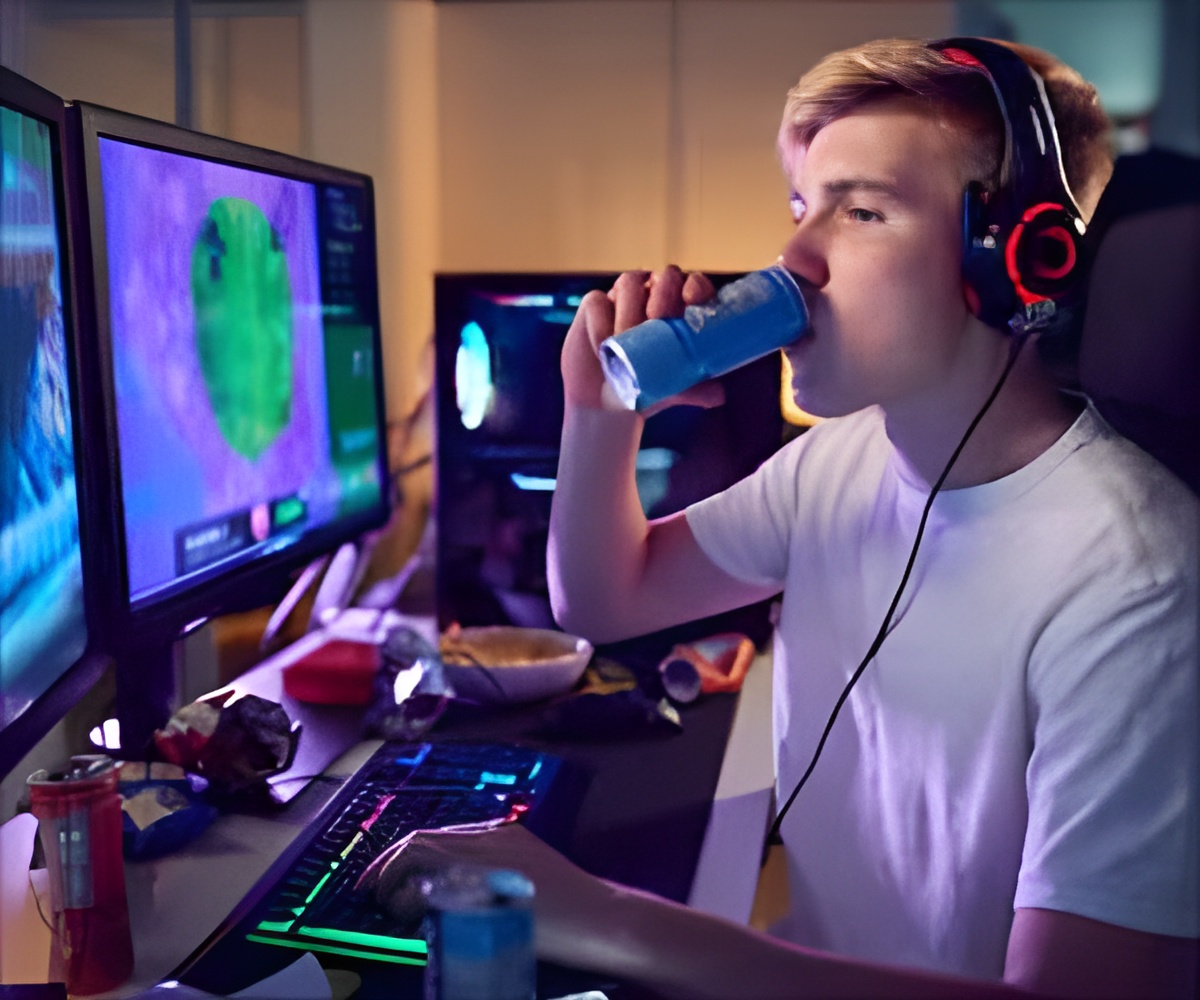Is it bad to drink Red Bull every day? Yes, frequently drinking popular caffeinated energy drinks can affect your health. Therefore, finding ways to stop energy drink addiction is much needed right now.

‘Is it bad to drink Red Bull every day? Yes, frequently drinking popular caffeinated energy drinks can affect your health. Therefore, finding ways to stop energy drink addiction is much needed right now.’
Read More..




New research at Flinders University in Australia put a form of cognitive incentive retraining - a form of computer-based training aimed at reducing decision-making biases in purchasing energy drinks - to the test on more than 200 regular consumers of energy drinks aged between 18 and 25.Read More..
With the powerful marketing by brands such as Red Bull, V, Mother and Monster, the Australian Research Council-funded research is focusing on finding ways to reduce or combat the rising levels of energy and soft drink consumption.
The training aimed to reduce energy drink consumption by either reducing the extent to which energy drink cans capture the attention of regular energy drink consumers (attentional bias) or reducing the tendency for these consumers to approach energy drinks (approach bias).
"We are keen to expand these trial methods on consumers to combat through their attentional and approach bias towards energy drinks," says Mind, Body and Cognition research leader Professor of Psychology Eva Kemps.
"By giving participants some simple techniques, we examined whether they were prepared to moderate their bias toward choosing energy drinks over soft drinks and more healthy options, and perhaps reduce consumption before they become addicted."
Advertisement
Energy drink consumption is rising, with one estimate of it doubling in the past 10-15 years to more than 11.5 billion litres a year globally, with a majority of consumers young adults.
Advertisement
Reported adverse effects range in severity from headaches to heart palpitations, renal failure, seizures, and in rare cases death.
The 226 volunteers in the study - many of them university students - said they consumed 1 or more cans a fortnight, for an energy boost, to relieve fatigue, improve sporting or academic performance, or as a party mixer with alcohol.
The training aimed to reduce energy drink consumption by tackling either the extent to which the products capture the attention of regular energy drink consumers (attentional bias) or the tendency for these consumers to approach energy drinks (approach bias).
Attentional and approach biases have been demonstrated for a range of appetitive substances, including alcohol, tobacco, drugs and chocolate.
The research is part of an ARC Discovery Project (2018-21) looking at the role of automatic processing in the (over)consumption of soft drinks, and follows previous attentional retraining research to reduce food cravings and promote healthier eating and weight loss.
Source-Eurekalert












